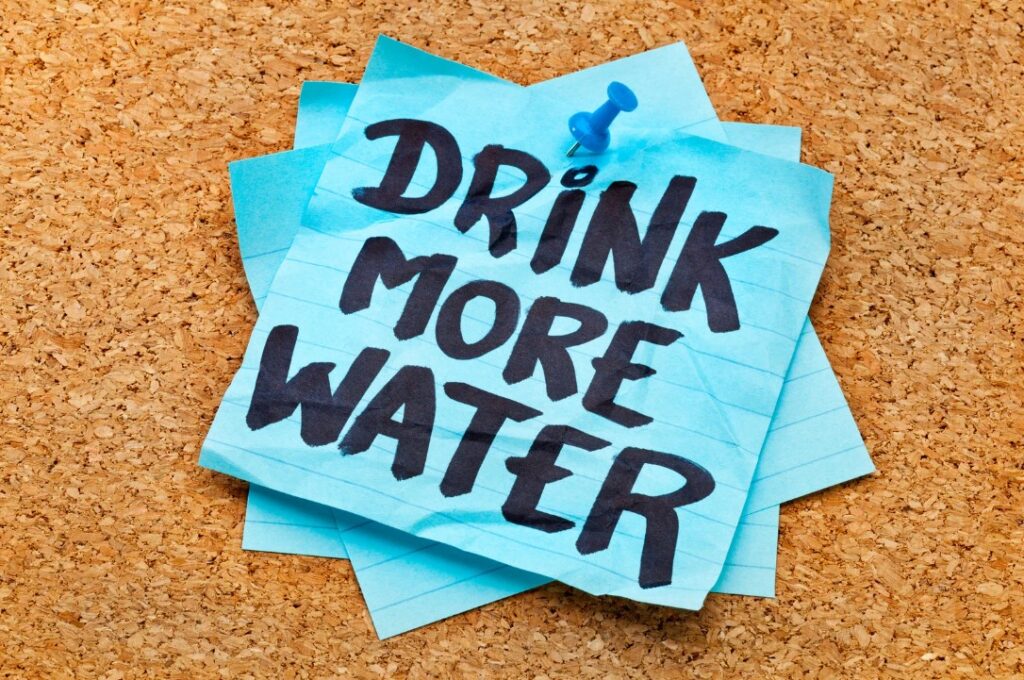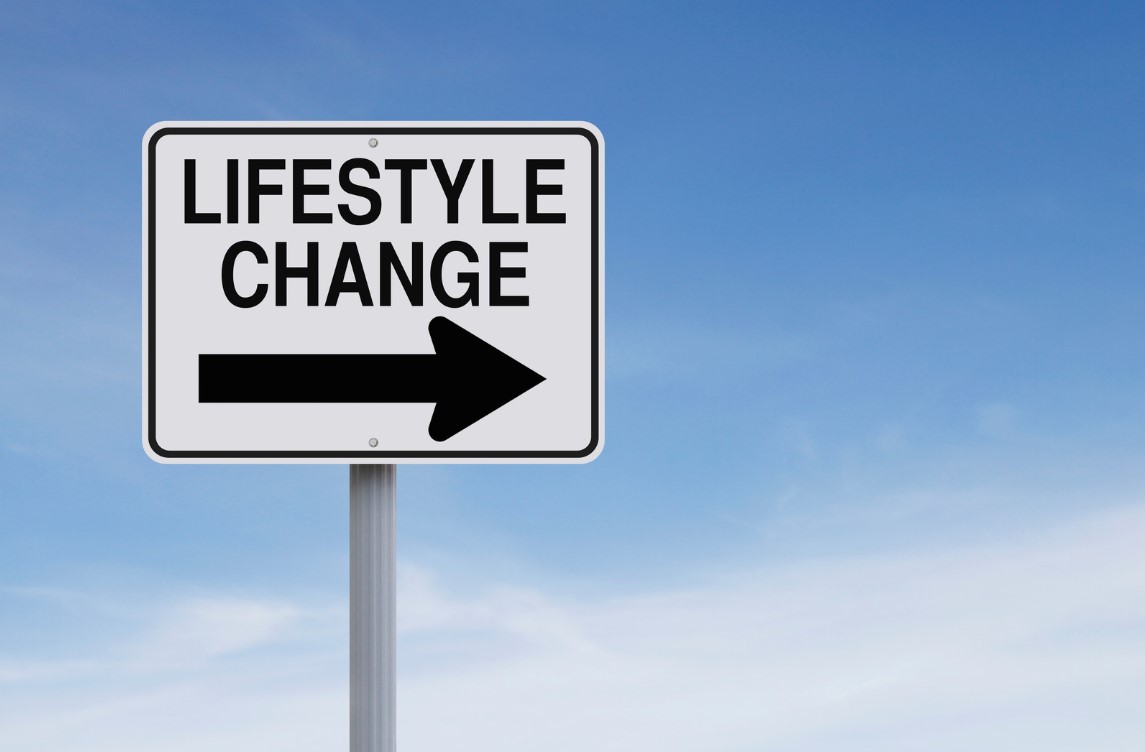Last Updated on noviembre 4, 2023 por teodoro
Todos lo hemos experimentado – mirarnos al espejo y observar con consternación cómo puñados de pelo cubren nuestros dedos y obstruyen el desagüe de la ducha..
La caída del cabello es lo suficientemente estresante como para pensar que no hay nada que podamos hacer para detenerla o revertirla.. But what if I told you your lifestyle habits might play a role in whether your hair is thriving or struggling?
As someone who started losing their hair in their 20s, I was terrified it was out of my control. But after digging in to research the causes of hair loss and trying some lifestyle tweaks, I’ve seen an improvement.
Now I’m happy to share what worked for me in case others can benefit too.
Stress is Public Enemy #1
We’ve heard it countless times – stress is bad for you. But did you know it can take a real toll on your hair too? When our body goes into fight or flight mode, stress hormones like cortisol spike and can interfere with the hair growth cycle.
Your hair follicles may remain in the resting phase longer, or the shedding phase may shorten – both contributing to hair thinning over time if stress is chronic.
Ways I’ve found to reduce my stress include carving out daily relaxation time like meditation, deep breathing exercises, or listening to music.
Spending 20 minutos outside in nature each day also seems to lower my cortisol levels. I also started saying «No» more often instead of overcommitting myself. Less stress has made a noticeable difference in shedding what used to clog my drain!
Drink Up – For Hydration (Not Booze)

Staying hydrated supports healthy hair follicles and growth from the inside out. Most adults need at least 64 ounces of water daily for overall wellness. Yet I know I often fall short without conscious effort. Now I use a large water bottle to track my intake and remember to sip throughout the day.
I’ve also cut way back on drinks like coffee, soda, and alcohol which are highly dehydrating. Beer in particular was contributing to hair thinning as it contains chemical byproducts like sulfite.
Opting for water instead at social events has been better for my hair and overall wellbeing. Staying hydrated may be one of the simplest changes but has huge impact.
Get Your Nutrients
You’ve surely seen ads for supplements claiming to promote hair growth. While certain nutrients like iron, vitamin D, B vitamins, and omega-3s support scalp health and the hair follicles, popping pills likely won’t get to the root of hair loss issues if your diet is lacking.
Focus first on eating more whole, minimally processed foods high in protein, healthy fats, and nutrients your hair needs naturally.
Some diet tweaks that have helped me include loading up on fatty fish high in omega-3s, grabbing a handful of nuts or seeds as a snack, and making breakfast my largest meal to get iron from eggs.
Of course, best supplement you can take is plant-based DHT blockers, like Saw Palmetto and Stinging Nettle Root extract.
Hopefully shedding some light on how seemingly minor lifestyle changes can impact hair. As always, talk to your doctor or a dermatologist too if hair loss concerns persist or progress more significantly over time.
But giving stress relief, hydration, and nutrition some focused attention may be worth a try for simpler solutions within your control. Your hair will thank you!
Hope this gave some ideas on how making lifestyle adjustments could help your own hair regrowth journey.
Please let me know if you need any other tips or have additional questions. I’m always happy to share what I’ve learned.

